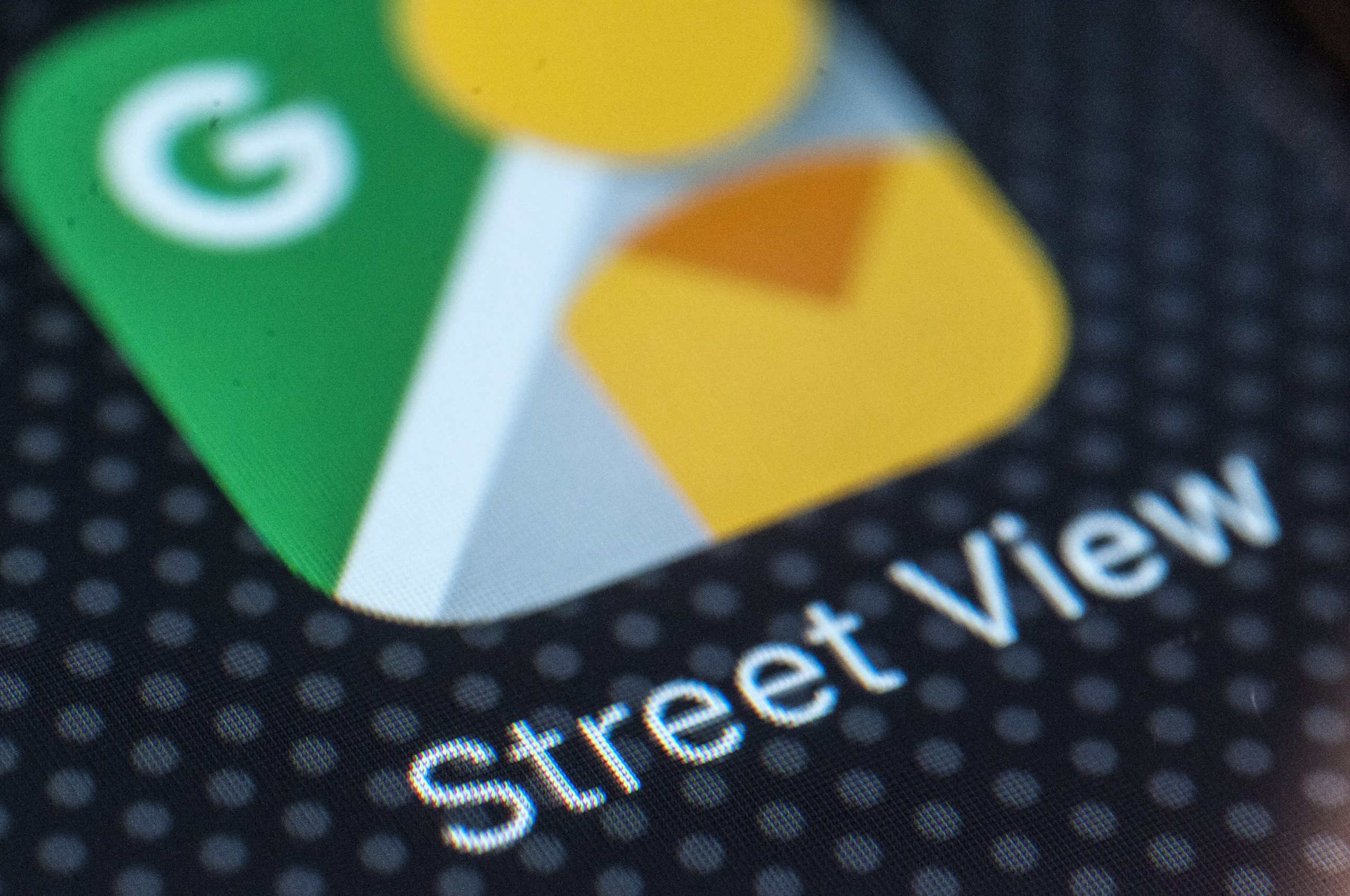
As the tech landscape evolves, and the public’s awareness of digital attacks grows, scammers are harnessing every tool at their disposal — including Google Maps.
A new sextortion scam (a form of financial coercion in which bad actors threaten to release personal, explicit images to the public) leverages publicly accessible geomapping data (read: images of your home) to make the threat even more serious.
As 404 Media reports, the scam begins with an email personally addressed to the target, filled with threatening lines insinuating the scammer has “proof” that the individual has been visiting illegal dark web sites or that they’ve been collecting illicit nude images, and capped off with images of the target’s home address (most likely scrubbed from updated Google Maps street view images or similar databases).
The emails allege the installation of controversial spyware program Pegasus — a fake claim by scammers to up the legitimacy of their sextortion threats — and ask specifically for a ransom in Bitcoin.
Scammers frequently wave around personal information that appears to be hard to get in order to convince targets their threats are real, including previously used passwords and addresses. But this data is actually much easier to steal than the average person may assume, especially if their information has been recently compromised in a site breach. Instead, scammers are betting that people aren’t privy to such data breaches, or hoping they’re unaware that much of their personal information is easily obtained.
National Public Data breach: Do this to find out if your Social Security number has been leaked
Safety and privacy advocates warn that sextortion is still a pressing online issue, especially among young people. According to child safety nonprofit Thorn, an average of 812 reports of sextortion are sent to the National Center for Missing & Exploited Children (NCMEC) each week in the United States, and platforms for such abusive tactics include social media sites (like Instagram and Snapchat), encrypted messaging apps, and money transfer sites like Cash App.
If you receive a similar email attempting to blackmail you for Bitcoin, the FBI recommends reaching out and reporting the attempt to their office (1-800-CALL-FBI). Security experts urge individuals to never send personal images or money transfers, or click on suspicious links sent to you online. Covering your webcam is never a bad idea, either.
And you may want to just go ahead and blur your house on Google Maps while you’re at it.















0 Comments